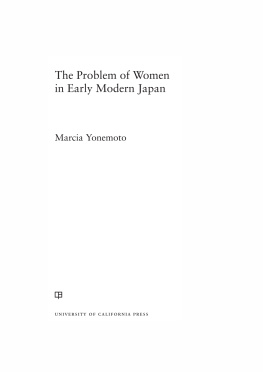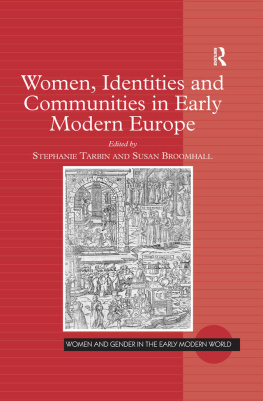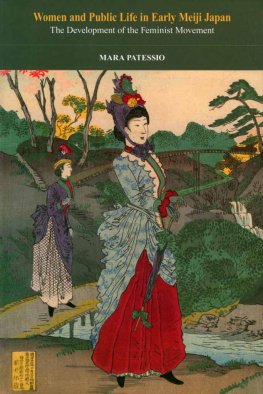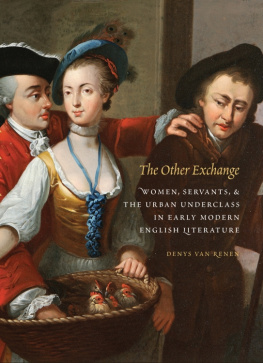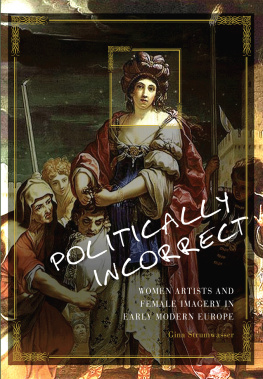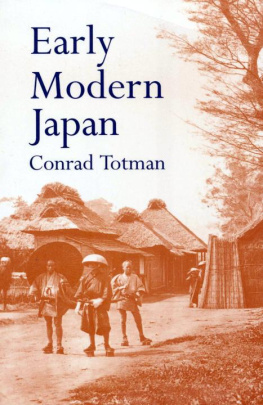The Philip E. Lilienthal imprint honors special books in commemoration of a man whose work at University of California Press from 1954 to 1979 was marked by dedication to young authors and to high standards in the field of Asian Studies. Friends, family, authors, and foundation have together endowed the Lilienthal Fund, which enables UC Press to publish under this imprint selected books in a way that reflects the taste and judgment of a great and beloved editor.
The publisher gratefully acknowledges the generous support of the Philip E. Lilienthal Asian Studies Endowment Fund of the University of California Press Foundation, which was established by a major gift from Sally Lilienthal.
ASIA: LOCAL STUDIES/GLOBAL THEMES
Jeffrey N. Wasserstrom, Kren Wigen, and Hue-Tam Ho Tai, Editors
Bicycle Citizens: The Political World of the Japanese Housewife, by Robin M. LeBlanc
The Nanjing Massacre in History and Historiography, edited by Joshua A. Fogel
The Country of Memory: Remaking the Past in Late Socialist Vietnam, by Hue-Tam Ho Tai
Chinese Femininities/Chinese Masculinities: A Reader, edited by Susan Brownell and Jeffrey N. Wasserstrom
Chinese Visions of Family and State, 19151953 , by Susan L. Glosser
An Artistic Exile: A Life of Feng Zikai (18981975), by Geremie R. Barm
Mapping Early Modern Japan: Space, Place, and Culture in the Tokugawa Period, 16031868 , by Marcia Yonemoto
Republican Beijing: The City and Its Histories, by Madeleine Yue Dong
Hygienic Modernity: Meanings of Health and Disease in Treaty-Port China, by Ruth Rogaski
Marrow of the Nation: A History of Sport and Physical Culture in Republican China, by Andrew D. Morris
Vicarious Language: Gender and Linguistic Modernity in Japan, by Miyako Inoue
Japan in Print: Information and Nation in the Early Modern Period, by Mary Elizabeth Berry
Millennial Monsters: Japanese Toys and the Global Imagination, by Anne Allison
After the Massacre: Commemoration and Consolation in Ha My and My Lai, by Heonik Kwon
Tears from Iron: Cultural Responses to Famine in Nineteenth-Century China, by Kathryn Edgerton-Tarpley
Speaking to History: The Story of King Goujian in Twentieth-Century China, by Paul A. Cohen
A Malleable Map: Geographies of Restoration in Central Japan, 16001912 , by Kren Wigen
Coming to Terms with the Nation: Ethnic Classification in Modern China, by Thomas S. Mullaney
Fabricating Consumers: The Sewing Machine in Modern Japan, by Andrew Gordon
Recreating Japanese Men, edited by Sabine Frhstck and Anne Walthall
Selling Women: Prostitution, Markets, and the Household in Early Modern Japan, by Amy Stanley
Imaging Disaster: Tokyo and the Visual Culture of Japans Great Earthquake of 1923 , by Gennifer Weisenfeld
Taiko Boom: Japanese Drumming in Place and Motion, by Shawn Bender
Anyuan: Mining Chinas Revolutionary Tradition, by Elizabeth J. Perry
Mabiki: Infanticide and Population Growth in Eastern Japan, 16601950 , by Fabian Drixler
The Missionarys Curse and Other Tales from a Chinese Catholic Village, by Henrietta Harrison
The Nature of the Beasts: Empire and Exhibition at the Tokyo Imperial Zoo, by Ian Jared Miller
Go Nation: Chinese Masculinities and the Game of Weiqi in China, by Marc L. Moskowitz
Moral Nation: Modern Japan and Narcotics in Global History, by Miriam Kingsberg
Republican Lens: Gender, Visuality, and Experience in the Early Chinese Periodical Press, by Joan Judge
The Problem of Women in Early Modern Japan, by Marcia Yonemoto
The Problem of Women in Early Modern Japan
Marcia Yonemoto

UNIVERSITY OF CALIFORNIA PRESS
University of California Press, one of the most distinguished university presses in the United States, enriches lives around the world by advancing scholarship in the humanities, social sciences, and natural sciences. Its activities are supported by the UC Press Foundation and by philanthropic contributions from individuals and institutions. For more information, visit www.ucpress.edu.
University of California Press
Oakland, California
2016 by The Regents of the University of California
Library of Congress Cataloging-in-Publication Data
Names: Yonemoto, Marcia, author.
Title: The problem of women in early modern Japan / Marcia Yonemoto.
Other titles: Asialocal studies/global themes ; 31.
Description: Oakland, California : University of California Press, [2016] | Series: Asia: local studies/global themes ; 31 | Includes bibliographical references and index.
Identifiers: LCCN 2016015752 (print) | LCCN 2016017276 (ebook) | ISBN 9780520292000 (cloth : alk. paper) | ISBN 9780520965584 (ebook)
Subjects: LCSH : WomenJapanHistory. | WomenSocial conditions17th century. | WomenSocial conditions18th century. | WomenSocial conditions19th century. | JapanCivilizationTo 1868. | JapanHistoryTokugawa period, 16001868.
Classification: LCC HQ 1762 . Y 6435 2016 (print) | LCC HQ 1762 (ebook) | DDC 305.40952dc23
LC record available at https://lccn.loc.gov/2016015752
Manufactured in the United States of America
25 24 23 22 21 20 19 18 17 16
10 9 8 7 6 5 4 3 2 1
For Leah Julia and Emma Rose
Contents
Illustrations
FIGURES
CHARTS
TABLE
Acknowledgments
The convention in acknowledgments in scholarly books, however outdated it may be, is to address professional debts before personal ones. While that structure made sense in a time when ones personal life remained neatly in the margins of ones academic endeavors, it does not seem to me to reflect the world I and most of my colleagues presently inhabit, one in which research trips merge into family excursions, people have pressing obligations at home as well as at work, and teaching assignments and faculty meetings are scheduled with an eye to the needs of spouses, partners, children, commuting, and the like. In other words, for twenty-first-century academic professionals, as for the early modern Japanese women and men I write about in this book, work, family, friends, colleagues, private and public life commingle in ways that were and are exhilarating, challenging, and productive, if sometimes also exhausting and always humbling.
In this spirit, I should like to thank first and foremost the people who made this book and the entirety of my professional life possible: my wonderful, bright, funny, and loving daughters, Leah Yonemoto-Weston and Emma Yonemoto-Weston, and their father, my good friend and colleague for almost three decades, Tim Weston; my parents, James and Mary Yonemoto, who every day teach by example the values of perseverance and generosity and offer the wonder of unconditional love; my sisters in spiritAnna Brickhouse, Beth Dusinberre, Susi Jones, and Sarah Krakoffwho have been pillars of steadfast friendship, exemplars of scholarly achievement, and models of caring and sensible parenting and partnering, as has, more recently, Phoebe Young; my extended familythe Yonemotos, Noguchis, Mamiyas, Hruskas, Fujitanis, Brugueras, Fudennas, Hondas, Shojis, Hamaguchiswho provide moral and material support, laughter, and a lot of food; and my partner, Bob Ward, who takes great care with everything and everyone, who reads every word and always writes back. To all of these people I offer my deepest gratitude, in full knowledge that that is not nearly enough.

